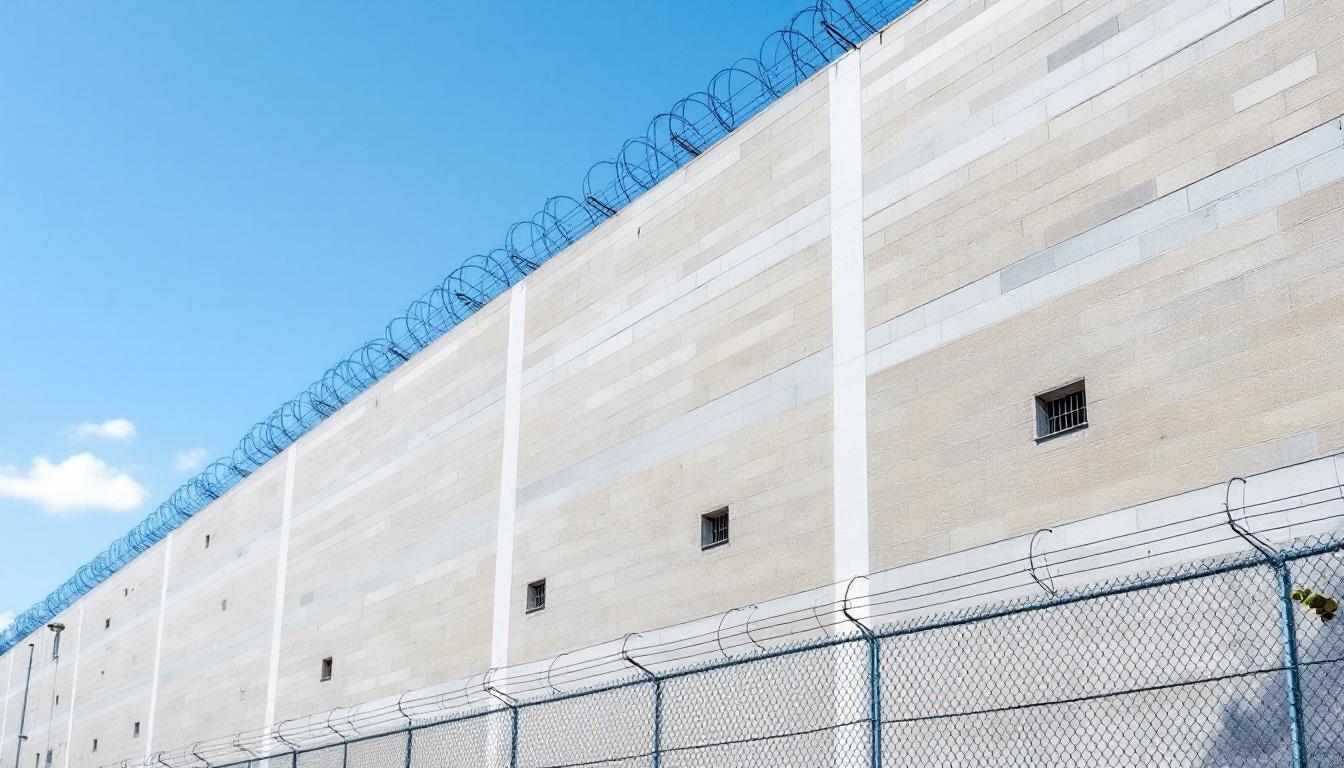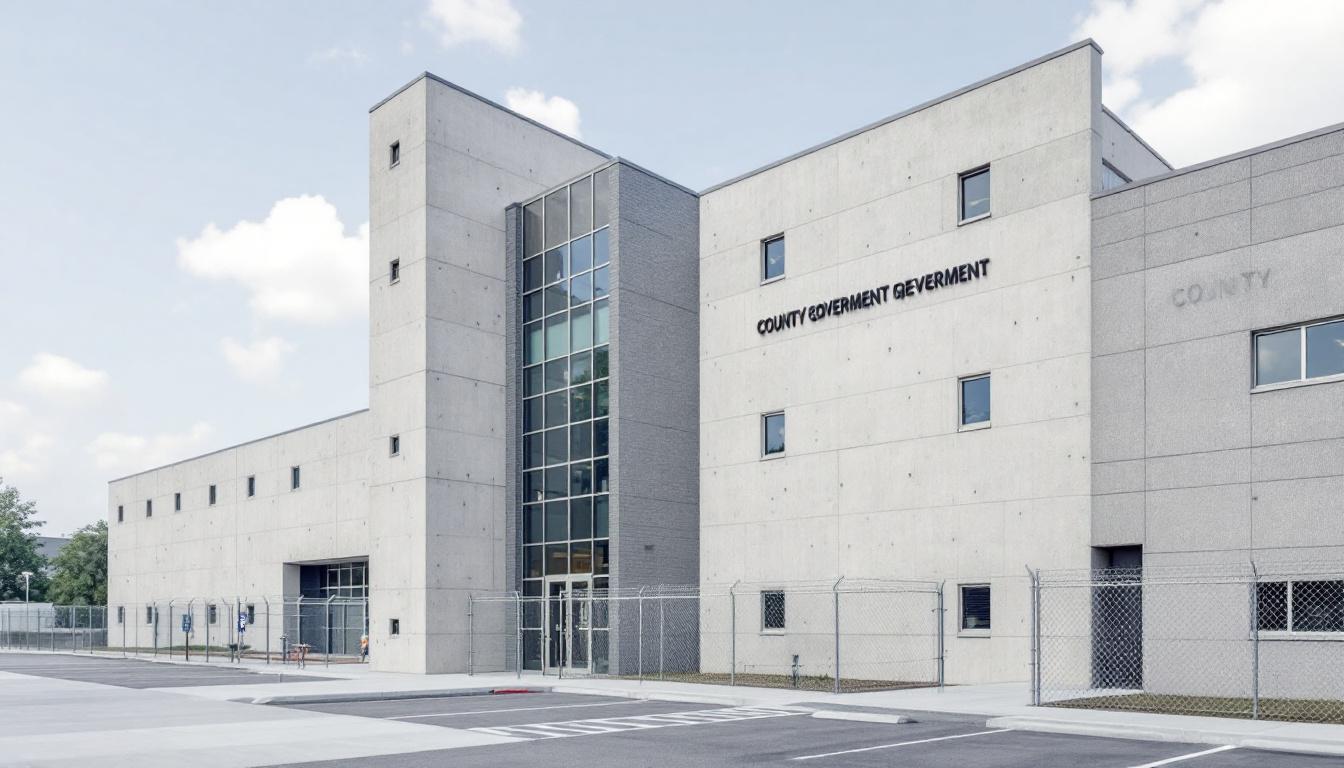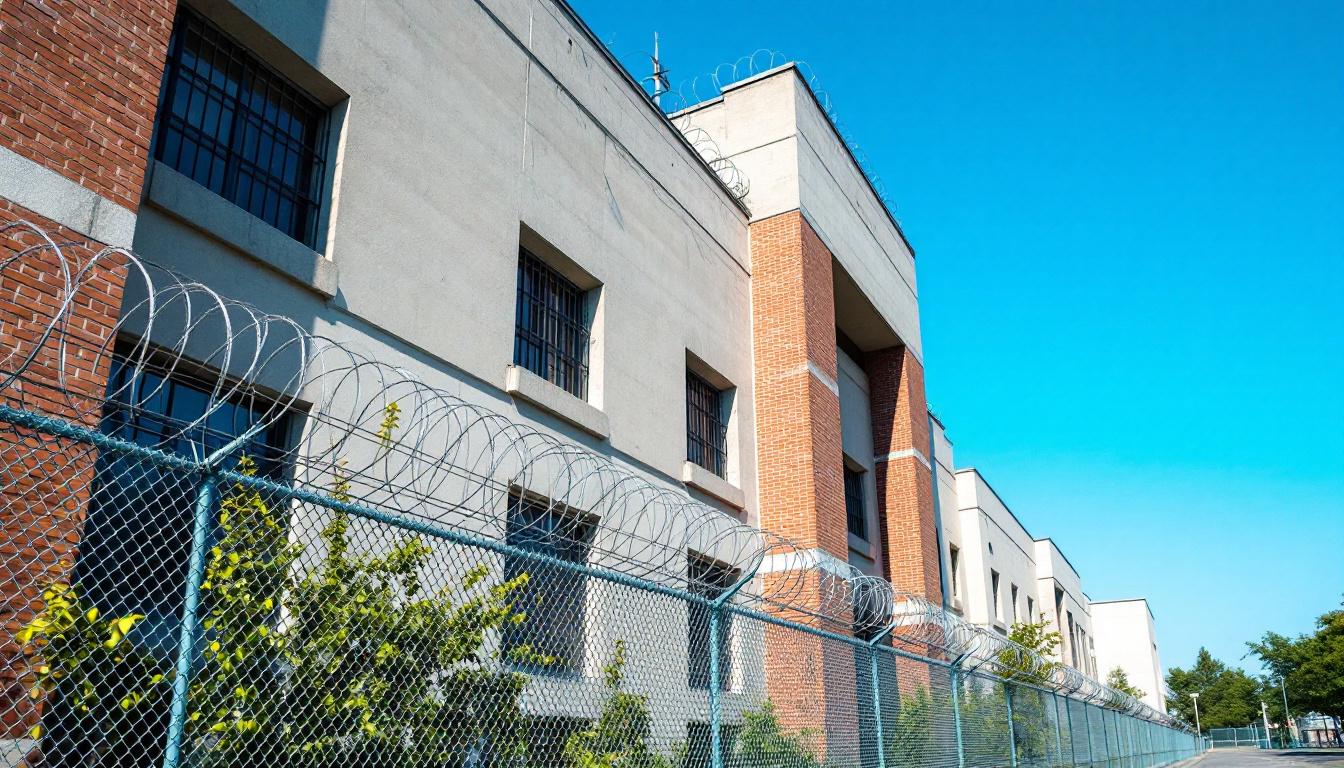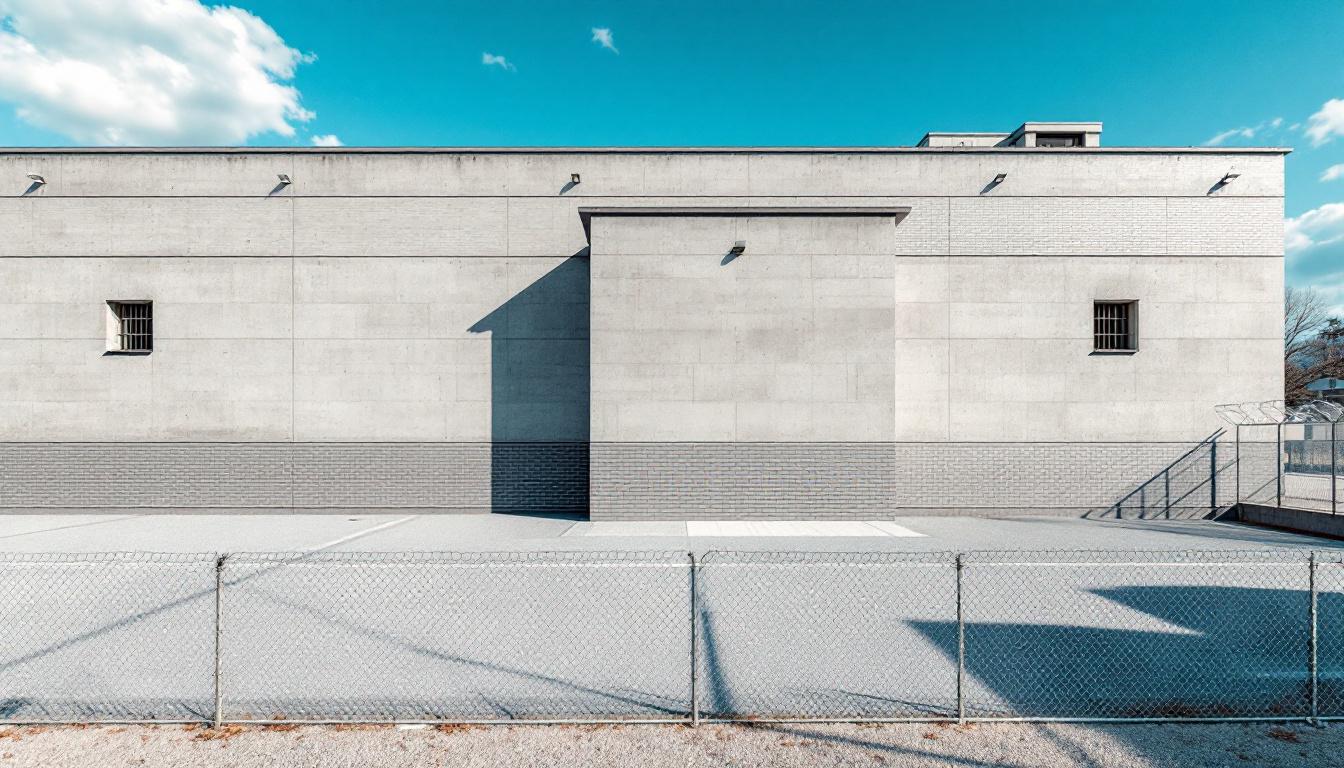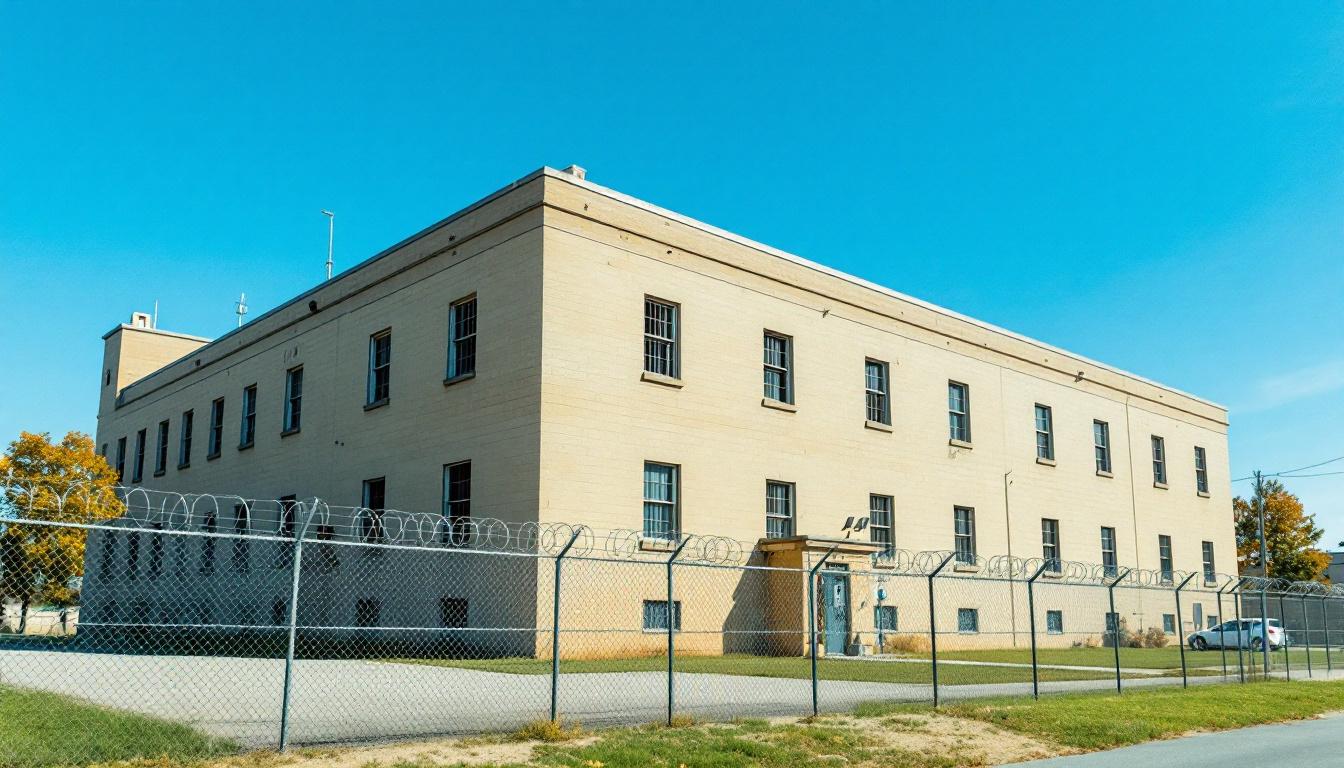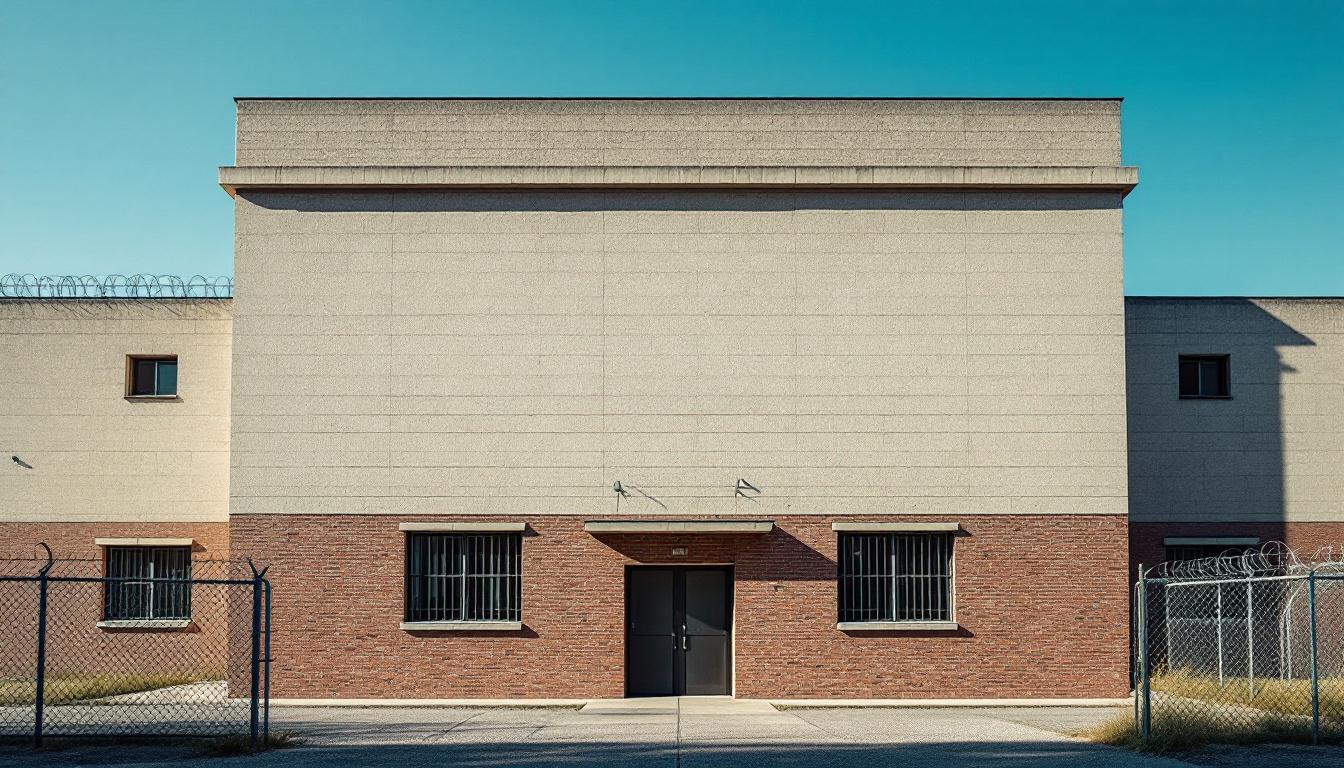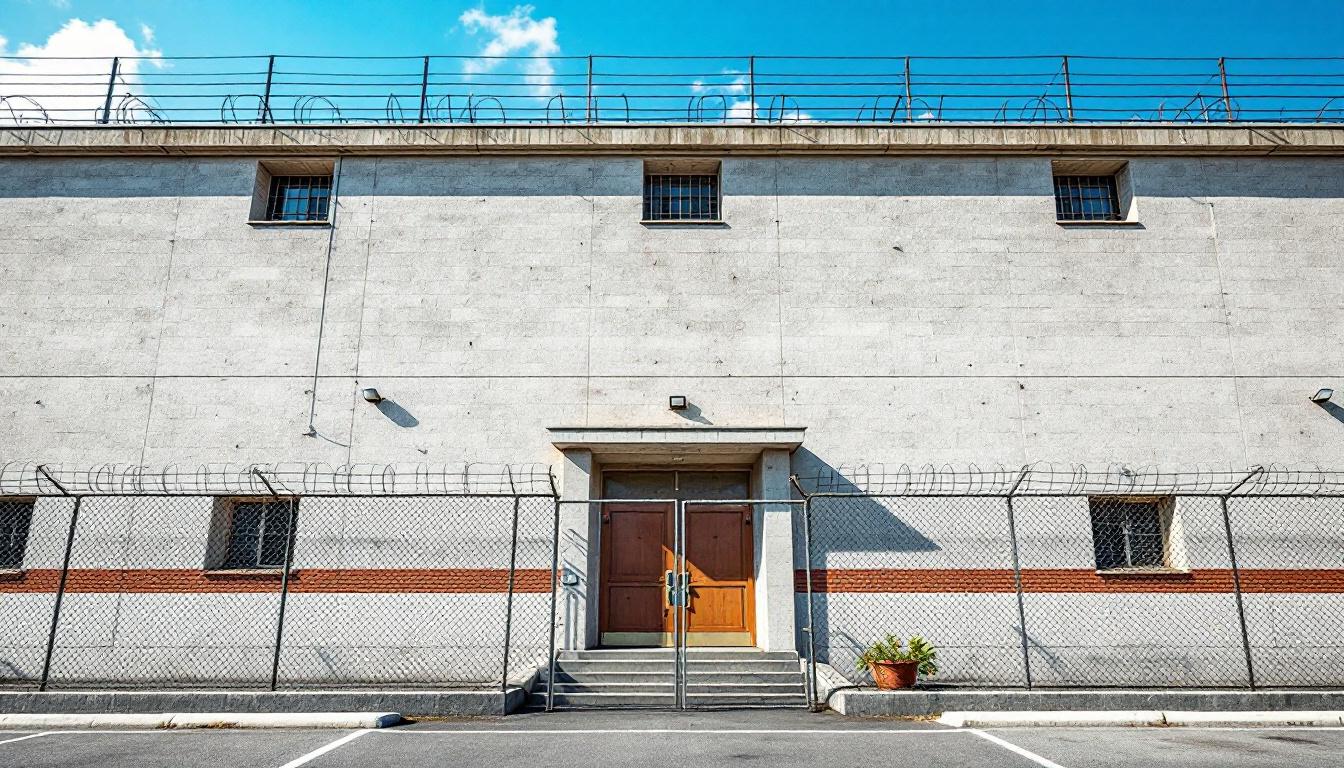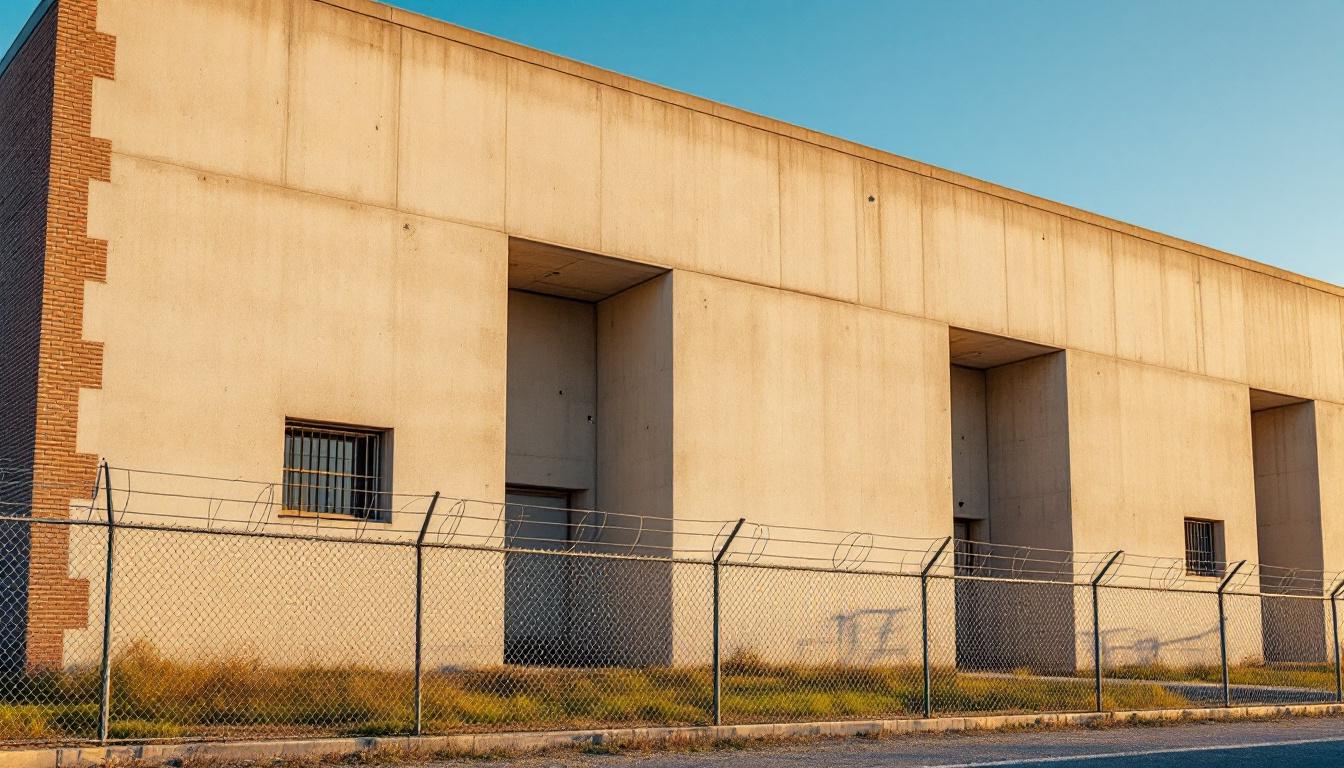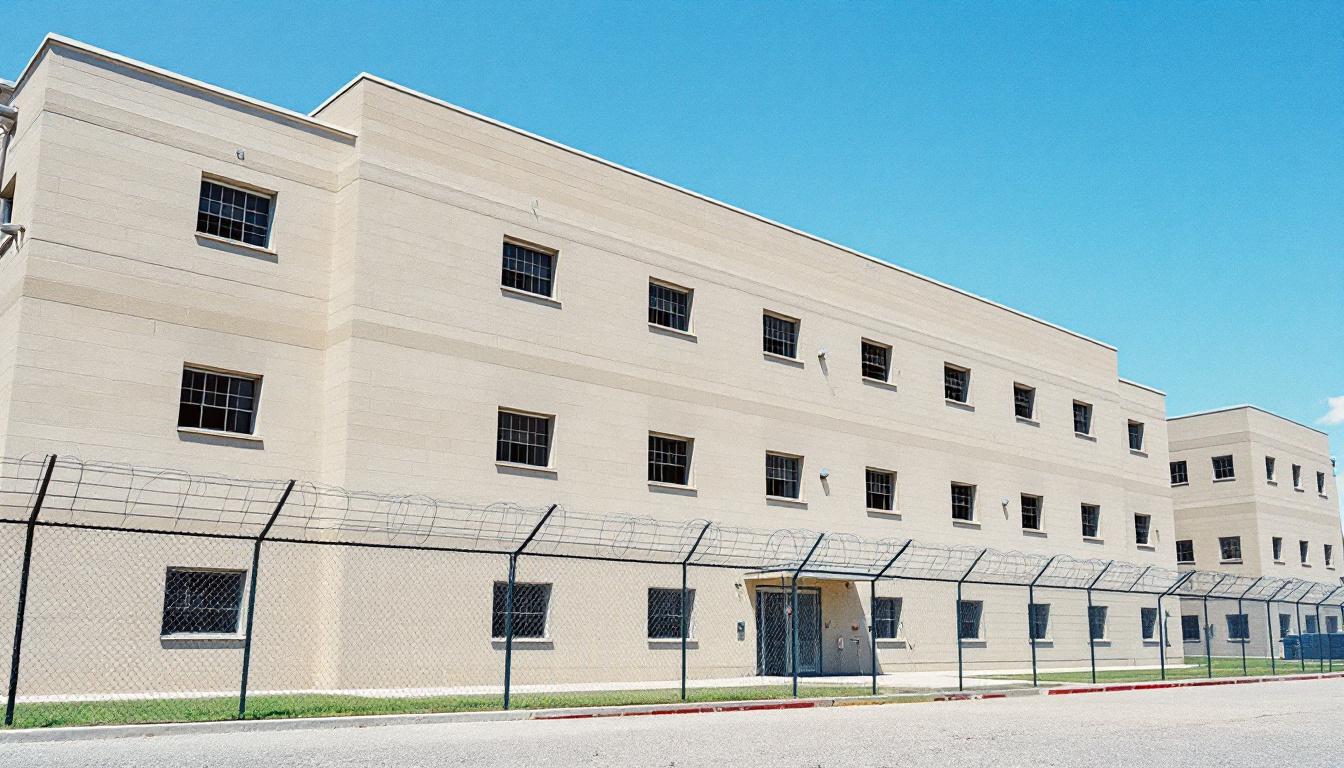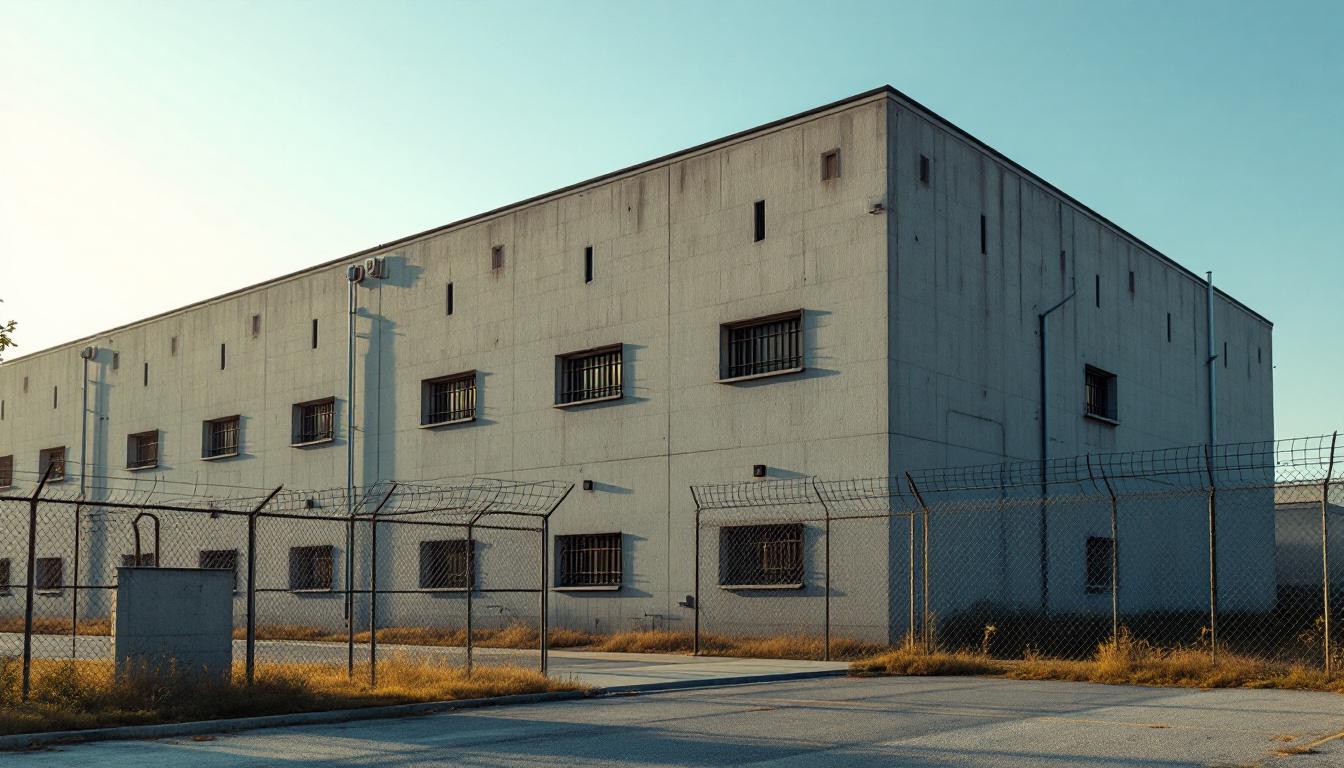
Quick Navigation
How to contact an inmate at Dallas County Courthouse
This comprehensive guide will walk you through how to connect with an inmate at Dallas County Courthouse. Follow the steps below to find an inmate and send letters and photos:
- Search for the inmate using our search tool below
- Create your account or log in to Penmate
- Write your message (up to 6,000 characters)
- Send instantly - inmates receive printed copies daily
Find an Inmate
Search for an inmate to start communicating today
Tip: You can search by first name, last name, or inmate ID number
To contact a person at Dallas County Courthouse start by searching for the person on the official facility website. Perform a search by following these steps:
- Step 1: Enter their first name and last name into the search form and click "Search"
- Step 2: Locate their inmate record
- Step 3: Write down their Inmate ID and any housing information provided
Important! Be sure to enter the person's full name. Nicknames should not be used.
How to Send Messages to Inmates

You can use your phone or computer to send emails, letters, and photos to an inmate. Messages are sent electronically to inmate tablets or kiosks at the facility. If you would like to send a message, start by searching for an inmate at Dallas County Courthouse.
Sending Photos and Postcards

A great way to send love and support to a loved one at Dallas County Courthouse is to send photos and postcards. It only takes a few minutes to send photos from your phone and it makes a huge difference. You can also mail postcards with words of support and inspiration, or design your own postcard for special moments like birthdays and holidays.
Important! Be sure not to send any explicit photos or they may not be approved by the facility. You can also use a photo printing app like Penmate to make sure your photos are printed at the correct size (4x6 or 3x5) and are mailed according to the rules and regulations of Dallas County Courthouse.
Frequently asked questions about Dallas County Courthouse
-
How long does it take to deliver a message?
If you're sending an email message your letter is usually delivered within 24-48 hours. For messages sent via mail you should expect delivery within 3-7 days. All messages will need be approved by Dallas County Courthouse.
-
How much does it cost to send a message to Dallas County Courthouse?
You can send a message free using your phone or mail a message via USPS for the price of a $0.60 stamp and envelope. You can also purchase credits or e-stamps from services starting at $1.99.
-
What services can I use to contact an inmate at Dallas County Courthouse?
Penmate
You can use Penmate to send letters and photos to an inmate from your phone. It's an easy way to stay in touch during your loved one's incarceration. Use the inmate locator to find an inmate's location and contact information, then you can send messages within a few minutes.
Securus messaging
Securus may be another option for communicating with an inmate at Dallas County Courthouse. You can create a friends and family account and purchase credits to send messages. All messages will be reviewed and must be approved by the facility.
JPay
Some county jails and state prisons may support sending messages with JPay. You must register an account with the system, find your loved one, and purchase stamps to send messages. For some locations you can also attach photos.
Smart Jail Mail
You may also check if Smart Jail Mail is available at Dallas County Courthouse. Smart Jail Mail is operated by Smart Communications and has contracted with some state and county jails. After purchasing credits, your messages and photos are sent to the facility, printed out, and then handed out to your loved one.
-
What is the mailing address of Dallas County Courthouse?
Mailing address:
Dallas County Courthouse
600 Commerce St
Dallas, TX 75202
Phone: (214) 653-7556Business hours:
- Monday: 8:00 AM – 4:30 PM
- Tuesday: 8:00 AM – 4:30 PM
- Wednesday: 8:00 AM – 4:30 PM
- Thursday: 8:00 AM – 4:30 PM
- Friday: 8:00 AM – 4:30 PM
- Saturday: Closed
- Sunday: Closed
-
What are the visiting hours at Dallas County Courthouse?
Visiting hours at Dallas County Courthouse vary by housing unit and security level. Generally, visits are scheduled on weekends and holidays, with some facilities offering weekday visits. Contact the facility directly at (214) 653-7556 or check their website for the current visiting schedule. Visits typically last 30-60 minutes and must be scheduled in advance.
-
What items are prohibited when sending mail to Dallas County Courthouse?
Prohibited items typically include: cash, personal checks, stamps, stickers, glitter, glue, tape, staples, paperclips, polaroid photos, musical or blank greeting cards, hardcover books, magazines with staples, and any items containing metal or electronics. Only send letters on plain white paper with blue or black ink. Photos must be printed on regular photo paper (no Polaroids). Always check with Dallas County Courthouse for their specific mail policies.
-
How do I send money to an inmate at Dallas County Courthouse?
You can send money to an inmate at Dallas County Courthouse through several methods: 1) Online using JPay, Access Corrections, or the facility's approved vendor, 2) Money orders mailed directly to the facility with the inmate's name and ID number, 3) Kiosks located in the facility lobby, or 4) Over the phone using a credit or debit card. Fees vary by method, typically ranging from $2.95 to $11.95 per transaction.
-
Can I schedule a video visit with an inmate at Dallas County Courthouse?
Many facilities now offer video visitation as an alternative to in-person visits. At Dallas County Courthouse, video visits may be available through services like Penmate, Securus Video Connect, GTL, or ICSolutions. Video visits typically cost $10-20 for 20-30 minutes and must be scheduled in advance. You'll need a computer or smartphone with a camera and reliable internet connection. Contact the facility for their specific video visitation policies and approved vendors.
-
What identification do I need to visit an inmate at Dallas County Courthouse?
All visitors must present valid government-issued photo identification such as a driver's license, state ID, passport, or military ID. Minors must be accompanied by a parent or legal guardian who can provide the minor's birth certificate. Some facilities require visitors to be on the inmate's approved visitation list, which may require a background check. Contact Dallas County Courthouse for specific ID requirements and visitor approval procedures.
-
How can I find out an inmate's release date?
To find an inmate's release date at Dallas County Courthouse, you can: 1) Use the online inmate search tool if available, 2) Call the facility's records department, 3) Contact the inmate's case manager or counselor, or 4) Have the inmate provide this information during a call or visit. For privacy reasons, some facilities only release this information to immediate family members.
Facility Overview
Official Website
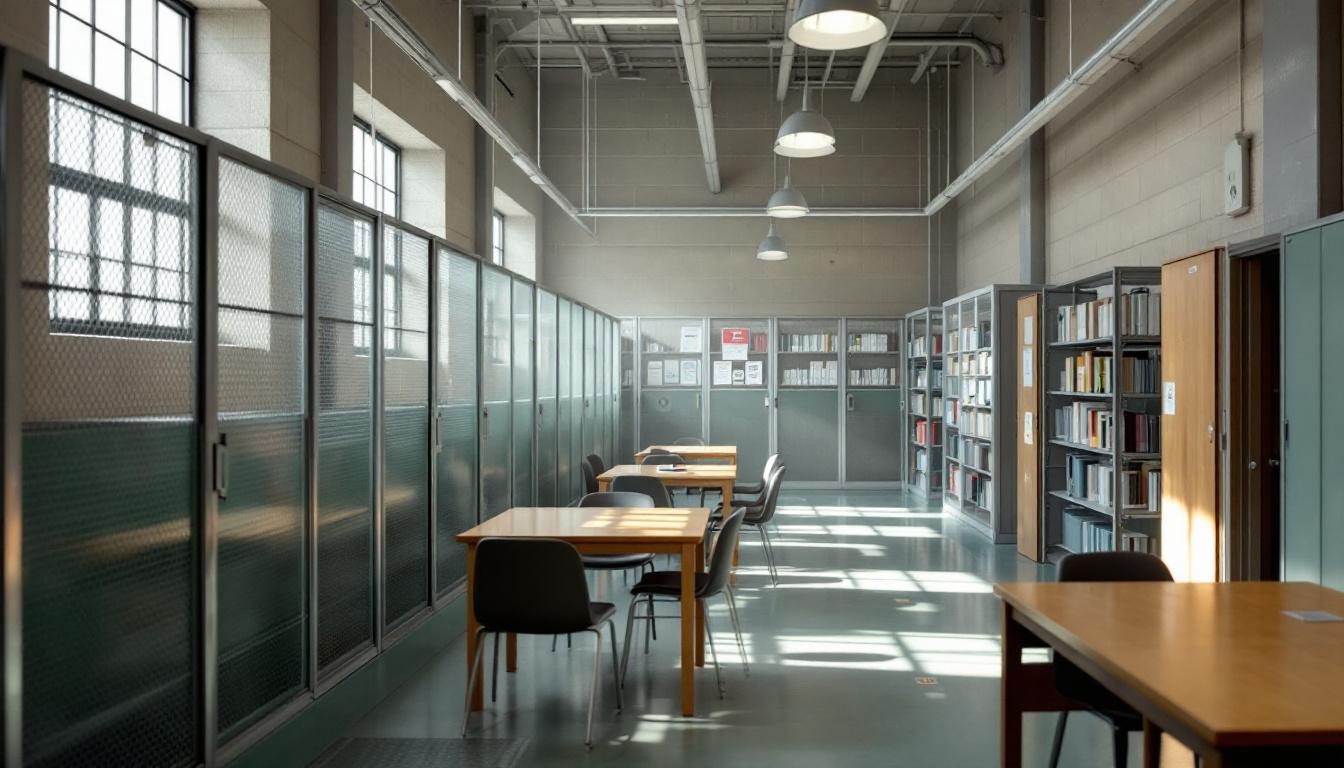
About Dallas County Courthouse
Within the heart of Dallas, Texas, the Dallas County Sheriff's Department operates a comprehensive detention system that serves as a critical component of the local justice infrastructure. The Lew Sterrett Justice Center, located at 111 West Commerce Street, represents the central hub of this operation, positioned adjacent to the Frank Crowley Courts Building in downtown Dallas. This strategic placement facilitates the movement of individuals through various stages of the judicial process, from initial detention through court proceedings.
The facility complex maintains custody of a diverse population ranging from individuals facing Class "C" misdemeanors, such as outstanding traffic citations, to those charged with capital murder. The detention system typically houses three primary categories of individuals: those awaiting court proceedings who have not posted bail, individuals who have completed court appearances and are awaiting transfer to state or federal prison, and those summoned by judges from other detention facilities. With a capacity exceeding 7,100 inmates across four active detention facilities, the operation requires a substantial staff of approximately 1,442 employees to maintain 24-hour, year-round operations.
The North Tower Detention Facility, constructed in 1993, serves as an ultramodern maximum security facility housing up to 3,292 inmates with 188 single cells and a dedicated staff of 350 employees. The West Tower Detention Facility operates as a specialized mental housing facility with 132 tanks and 25 single cells, accommodating up to 1,530 male inmates across various classification levels. This facility may offer specialized housing units for individuals requiring different levels of care, including medical restrictions, behavioral observation, crisis stabilization, protective custody, and substance abuse programs, reflecting the complex needs of the incarcerated population in Dallas County.
Programs & Services
The Dallas County detention system operates specialized housing units that address diverse inmate needs, including crisis stabilization programs, psychological assessment services, and substance abuse treatment. These targeted interventions reflect the facility's comprehensive approach to managing inmates with varying behavioral health requirements and custody classifications. The West Tower specifically functions as a mental housing facility, providing specialized care for inmates requiring close behavioral observation, suicidal watch protocols, and protective custody arrangements.
Educational and vocational programming typically available at Dallas County facilities may include basic literacy courses, GED preparation, and job readiness training designed to support successful reintegration. Inmates often have access to library services, religious programming, and counseling services that address both mental health needs and substance abuse issues. The facility's psychological assessment program works in conjunction with medical services to ensure appropriate treatment planning and housing assignments based on individual risk factors and therapeutic needs.
Support services at the Dallas County detention facilities may encompass family visitation programs, legal assistance coordination, and reentry planning services. Given the facility's role in housing individuals awaiting court proceedings as well as those preparing for transfer to state or federal institutions, programming often focuses on maintaining stability during the judicial process while providing resources for long-term rehabilitation goals. The 24-hour operational structure allows for continuous access to essential services, including medical care through the infirmary system and ongoing behavioral health interventions for inmates requiring specialized attention.
Daily Life & Visitation
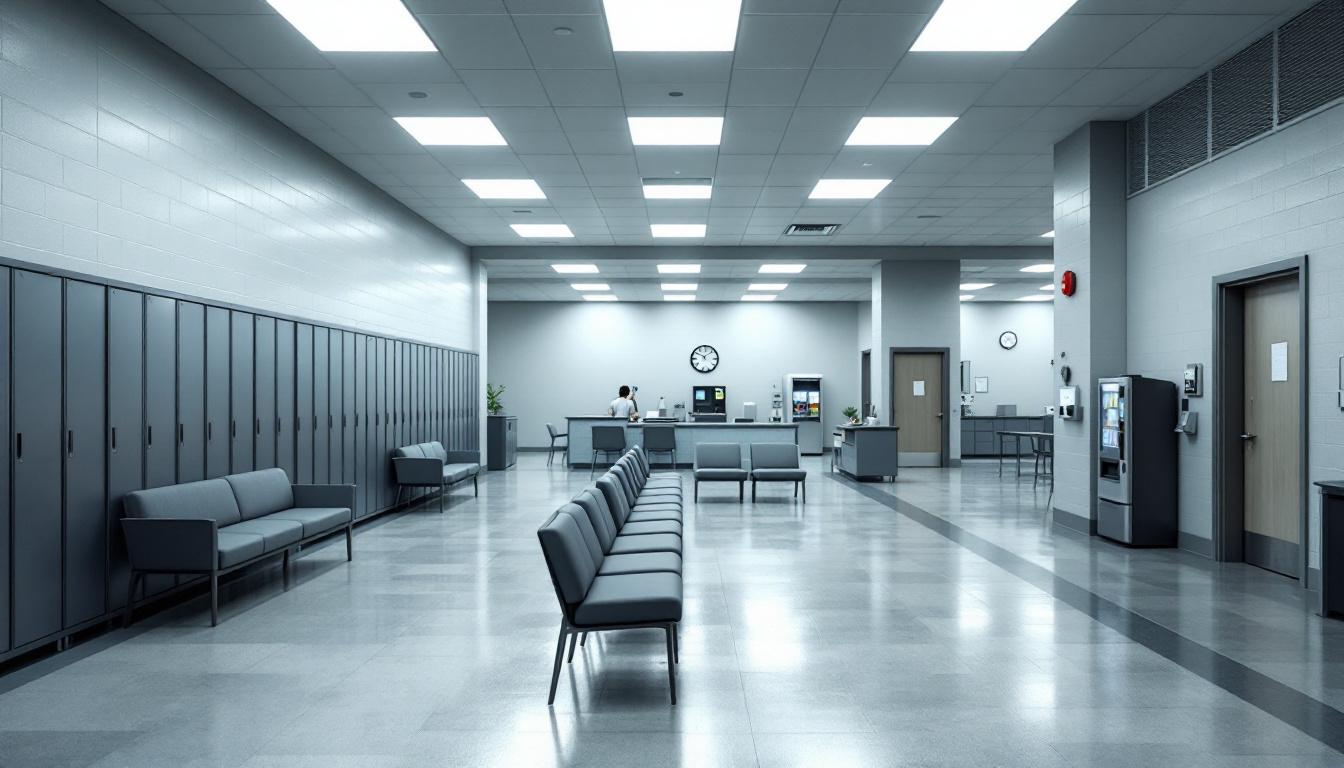
The Dallas County detention facilities operate around the clock with structured routines designed to manage over 7,100 individuals across four active facilities. Within the complex housing arrangements at the Lew Sterrett Justice Center, inmates typically follow regimented schedules that may include designated meal times, recreation periods, and court appearances. The West Tower facility accommodates various classifications of inmates, from those with medical restrictions requiring lower bunks to individuals in protective custody, each following protocols tailored to their specific housing requirements.
Inmates at the Dallas County facilities often have access to visitation opportunities, though specific policies may vary based on housing classification and security level. Communication with family members typically includes supervised phone calls and correspondence, helping maintain important connections during incarceration. The facility's proximity to the Frank Crowley Courts Building allows for efficient transport to court proceedings, which represents a significant part of daily routine for many inmates awaiting trial or sentencing.
The self-sufficient nature of these detention facilities means that daily operations encompass medical care, food service, and various programs that may be available to inmates. With a detention staff of over 1,400 employees working continuously, the facilities maintain security protocols while attempting to provide basic services. Inmates may participate in work assignments, educational opportunities, or substance abuse programs depending on their classification and the length of their stay, whether they're awaiting court proceedings or preparing for transfer to state or federal institutions.
Ready to Connect?
Start communicating with your loved one today
Search for an Inmate
